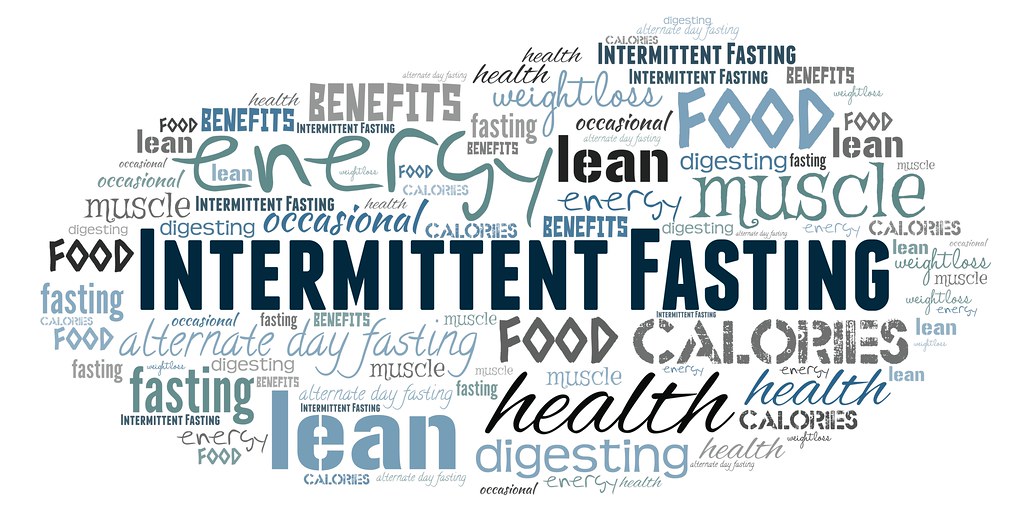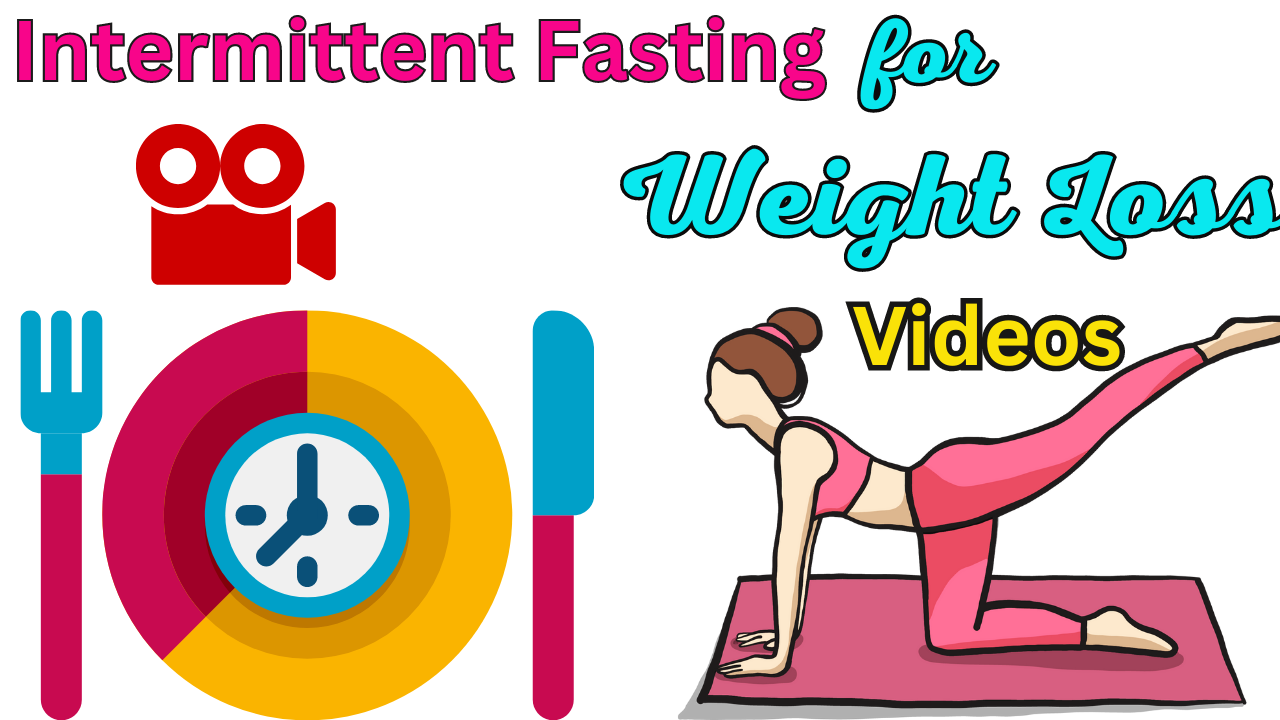
Research has shown that fasting can have a significant effect on weight reduction. There are different types of fasting that you should undertake, with the most commonly practiced being intermittent fasting. With this type of fasting, you will alternate between periods of eating and not eating.
What is intermittent fasting?
Intermittent fasting is a dietary pattern that cycles between periods of fasting and eating. It is becoming a popular way to lose weight, as it is a sustainable and effective method. There are many different ways to do intermittent fasting, but the most common is the 16/8 method, where you fast for 16 hours and eat for 8 hours. This can be done daily, or on certain days of the week. Another popular method is the 5:2 diet, where you eat normally for 5 days of the week and restrict your calories for 2 days. Intermittent fasting has many benefits, including weight loss, increased energy levels, and improved brain function.
How does it help with weight reduction?
The blog section helps with weight reduction by giving readers access to articles that offer tips and advice on how to live a healthier lifestyle. The section also provides links to resources that can help with weight loss, such as nutritionists and personal trainers.
Meal frequency
The common perception is that we should be eating three square meals a day. However, there is actually no evidence that this is the optimal meal frequency for everyone. Some people do better with more frequent smaller meals, while others do better with fewer, larger meals. The key is to find what works best for you.
If you’re trying to lose weight, then you may want to consider eating smaller, more frequent meals. This can help to increase your metabolism and keep you feeling fuller throughout the day. On the other hand, if you’re trying to gain weight, then you may want to eat fewer, larger meals. This will help you to pack in more calories and help your body to better absorb them.
Ultimately, the best meal frequency for you is the one that helps you to reach your goals. If you’re not sure where to start, then try out a few different frequencies and see how your body responds.
Pros and cons of intermittent fasting for weight loss
When it comes to intermittent fasting for weight loss, there are pros and cons to consider. On the pro side, some people find that intermittent fasting can help them stick to their diet and lose weight. On the con side, some people find that intermittent fasting can make them too hungry and lead to overeating.
If you’re considering intermittent fasting for weight loss, it’s important to talk to your doctor first to make sure it’s safe for you.
Detailed health benefits of intermittent fasting
Intermittent fasting has become a popular health trend in recent years. Proponents of this type of diet claim that it has a wide range of health benefits, including weight loss, improved mental clarity and decreased inflammation.
While there is some scientific evidence to support these claims, more research is needed to confirm the potential health benefits of intermittent fasting. However, if you’re considering trying this type of diet, it’s important to talk to your doctor first to make sure it’s safe for you.
Here’s a detailed look at the potential health benefits of intermittent fasting:
Weight Loss: Intermittent fasting can help you lose weight by reducing your calorie intake. When you fast, your body is forced to use stored energy (fat) for fuel, which can lead to weight loss.
Mental Clarity: Fasting can also improve mental clarity and focus by giving your brain a break from constantly processing food. This can lead to improved concentration and decreased stress levels.
Decreased Inflammation: Intermittent fasting has been shown to decrease inflammation in the body, which can help reduce the risk of diseases like heart disease and cancer.
When to do periods of fasting
The best time to do a fast is usually in the morning before you eat breakfast. This gives your body a chance to burn off some of the calories from the night before and start the day with a clean slate. Fasting for periods of time throughout the day is also effective, but make sure to drink plenty of water and avoid any strenuous activity during your fast. If you’re new to fasting, start with shorter periods of time and gradually increase the length of your fasts as you become more comfortable with the practice.






Leave a Reply